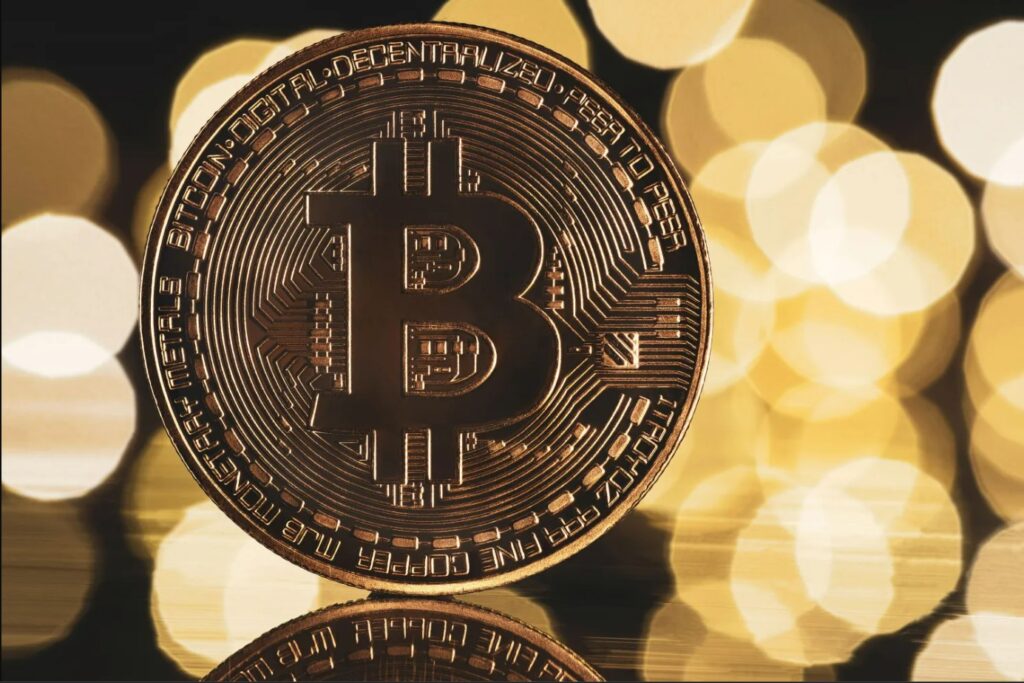Introduction
Bitcoin Cryptocurrency markets experienced sharp turbulence as Bitcoin (BTC) surged to $30,000 before plummeting back to $28,000, all triggered by a false report of a spot ETF approval. This rollercoaster ride not only resulted in significant financial losses but also unveiled the vulnerabilities in an industry susceptible to volatile market swings.
Understanding the Bitcoin Surge and Subsequent Plunge
The sensational surge to $30,000 ensued when a deceptive report surfaced, suggesting a spot ETF approval, creating a frenzy of activity across various trading platforms. However, the unexpected U-turn in prices was prompted by the deletion of the false report, leading to skepticism among industry analysts and reporters.
Bitcoin The Impact on Investors and Market Dynamics
- Liquidation Chaos: CoinGlass data revealed staggering numbers, with $72 million worth of short positions and $31 million in longs liquidated during the abrupt market correction, illustrating the repercussions of false information on leveraged positions.
- BlackRock’s Confirmation: CoinDesk’s confirmation from BlackRock about the falsity of the report further intensified the market’s apprehension, emphasizing the significance of thorough fact-checking in the crypto landscape.
Decrypting the Regulatory Environment
The Securities and Exchange Commission’s (SEC) conspicuous absence of any spot bitcoin ETF approvals on its website compounded the confusion. Additionally, Bloomberg’s report on the ongoing review of the BlackRock application by the SEC emphasized the necessity for due diligence and regulatory transparency in the cryptocurrency space.
Bitcoin Insights from Recent Developments
The SEC’s decision not to contest the Grayscale case loss was initially interpreted as a favorable development for Grayscale Bitcoin Trust (GBTC) potentially transitioning into a spot ETF. The subsequent 4% surge in Bitcoin’s value during Asian trading hours on Monday underscored the intricate relationship between regulatory decisions and market reactions.
Navigating the Future of Cryptocurrency Investments
As the cryptocurrency market continues to mature, investors must exercise caution and remain vigilant about the authenticity of information. Additionally, regulatory bodies must reinforce due diligence practices to mitigate the adverse effects of misinformation and uphold market stability.
Bitcoin Conclusion
Bitcoin’s sudden surge and subsequent nosedive due to a false spot ETF approval report underscore the critical role of accurate information in the cryptocurrency market. The incident highlights the imperative need for regulatory vigilance, investor awareness, and industry accountability to ensure a secure and transparent trading environment.
FAQs
1. How did the false report impact Bitcoin’s price surge?
The false report of a spot ETF approval caused a surge in Bitcoin’s value, leading to widespread market speculation and subsequent financial losses.
2. What role did regulatory bodies play in this incident?
Regulatory bodies, such as the SEC, played a crucial role in dispelling the misinformation and reaffirming the need for transparent and accurate information dissemination.
3. How can investors safeguard their investments from market volatility?
Investors can safeguard their investments by conducting thorough research, verifying information from credible sources, and exercising caution during periods of market turbulence.
4. What lessons can the cryptocurrency market draw from this incident?
The incident emphasizes the critical importance of due diligence, regulatory transparency, and responsible information dissemination in the cryptocurrency market to prevent unwarranted market fluctuations.
5. How can industry players contribute to maintaining market stability?
Industry players can contribute to market stability by adhering to ethical practices, promoting transparency, and collaborating with regulatory bodies to establish robust frameworks for information dissemination and trading activities.

